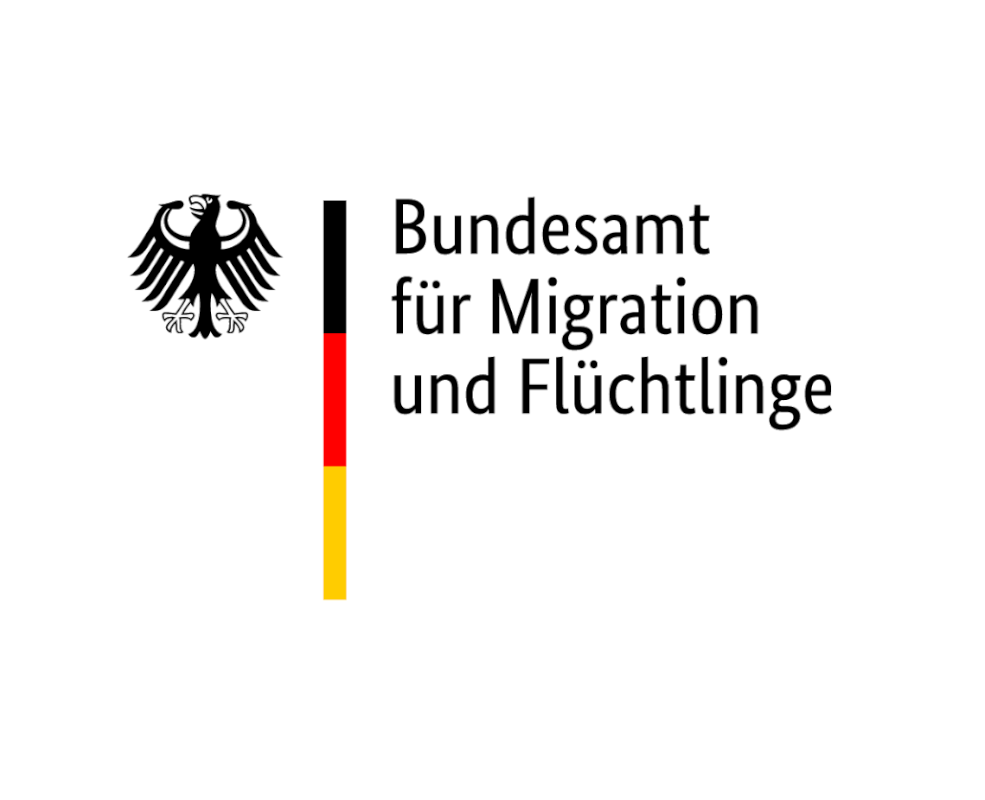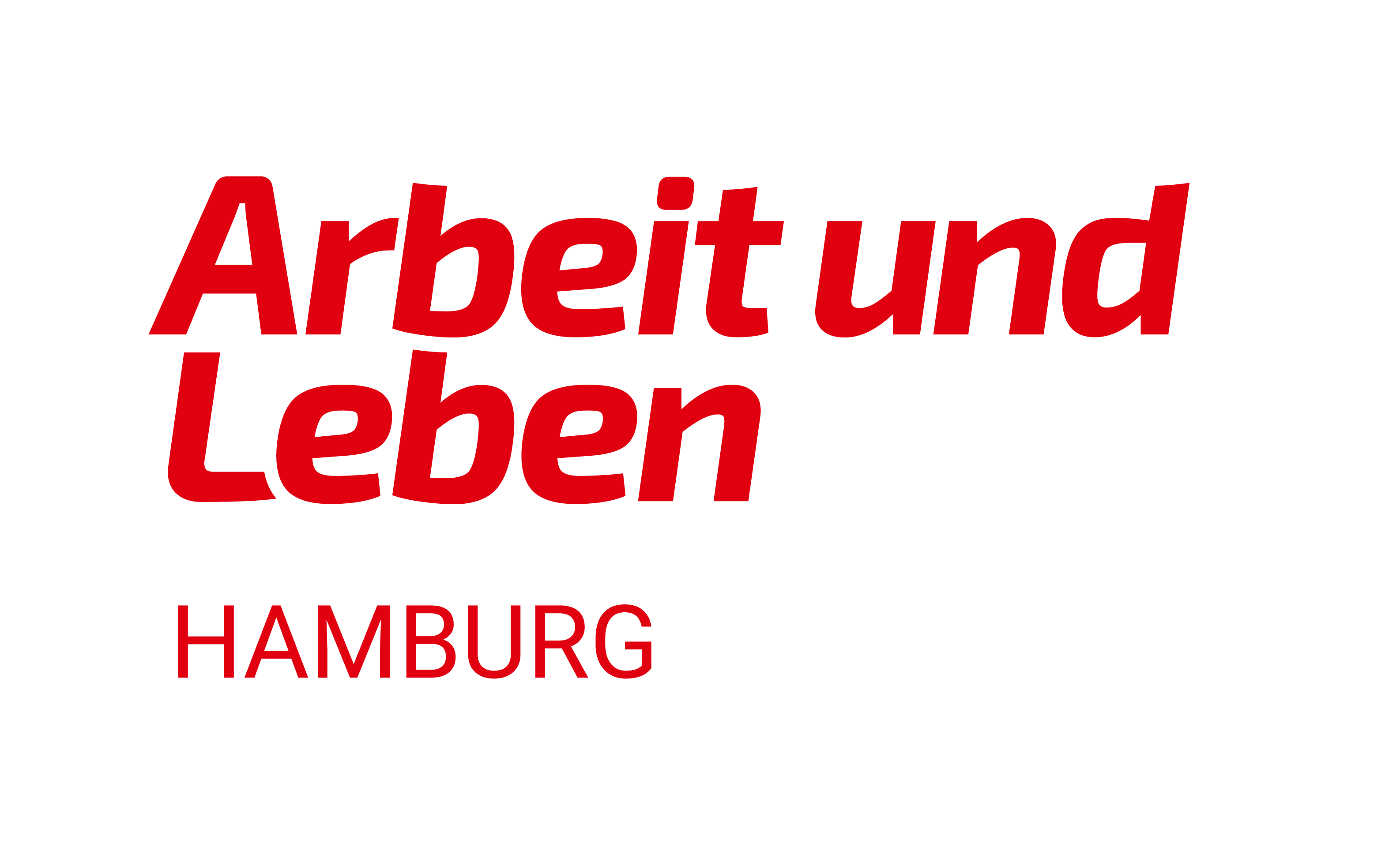Politische Bildung
Sauber! Demokratie in der Hamburger Gebäudedienstleistung gestalten
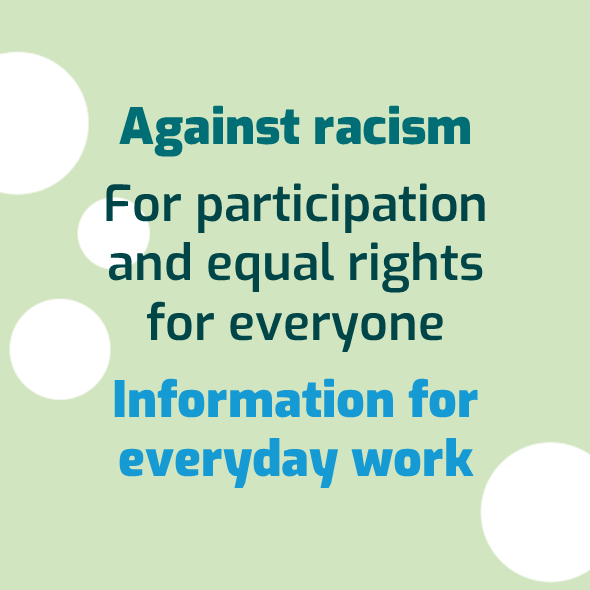
To the information:
Acting against racism >>>
The General Equal Treatment Act/The Anti-Discrimination Act >>>
(Allgemeines GleichbehandlungsGesetz, AGG) >>>
Participation in decision-making >>>
Acting against racism
There is no place for racism in a democracy.
Democracy means All human beings have equal dignity and equal rights.
But racism says the opposite.
That is why racism and democracy do not go together, they are mutually exclusive.
Respect for all human beings is the basis of democracy.
What can be done against racism?
It is very important that everyone takes racism seriously!
What can be done in the workplace?
There are several ways to take action against racism.
Employers and works councils can always be on the lookout for areas where racism is an issue.
For example, they can check whether shifts are fair.
The working environment is also important.
Is it possible to talk openly about racism in the workplace?
Are complaints taken seriously?
It also helps if everyone understands how decisions are made in the company.
Does everyone have the same opportunities?
For example, does everyone have the opportunity to receive further training or to become a manager?
A company needs a complaints office.
In fact, it is compulsory.
Anyone can go there to complain if they are being treated unfairly.
A company agreement can be made between the works council and the employer.
The agreement may, for example, specify what is to be done in the company to combat racism.
Works councils and employers can offer anti-racism training.
The works council can ask for an employee to be dismissed.
This is possible if a person repeatedly engages in racist behaviour.
The technical term for this is called “disturbance of the peace in the workplace” (“Störung des Betriebsfriedens”).
What can the individual employees do?
Employees can form a support team with the person or the group affected by racism, for example in a case of racial abuse.
It is important to talk to the person affected and offer help and support.
Counselling services may also be able to help with racist incidents.
Knowing your rights is important.
The works council can help by providing relevant training.
It can also make information available at work council meetings.
Counselling services can also assist with information about your rights.
Some people do not recognise racism as a problem.
To do something about it, it is important to have the support of other people.
You can join forces with other employees who also want to make a difference.
Or you can get support from an organisation that works against racism.
There are many ways to take action.
Together against racism and for democracy.
These websites offer information and help:
These counselling services provide support if someone has been subjected to racist violence:
https://verband-brg.de/beratung/#beratungsstellen
A counselling office has collected information here: What to do after a racist attack?
https://t1p.de/ige1r
These counselling services provide support if someone has been racially disadvantaged:
https://www.antidiskriminierung.org/ratsuchende
This is the podcast from the project “Sauber” on that topic (In German):
Back to the start
The General Equal Treatment Act/The Anti-Discrimination Act
(Allgemeines GleichbehandlungsGesetz, AGG)
Discrimination has no place in a democracy.
In Germany, there is the AGG, the General Equal Treatment Act.
Another name for it is the Anti-Discrimination Act.
The law helps to fight discrimination.
The AGG says: Everyone must be treated equally.
This means that they must have the same opportunities and chances.
The General Equal Treatment Act
(Allgemeines Gleichbehandlungsgesetz, AGG)
The law prohibits all forms of discrimination.
However, not all unequal treatment is discrimination.
That is why the AGG makes it clear what is discriminatory and prohibited.
For example, discrimination on the following grounds is prohibited:
- the origin
- gender
- religion
- disability
- sexual identity
- age
What rights does the AGG provide?
The law is important.
If someone breaks the law, the person who has been discriminated against can go to court.
The court can decide that it is necessary to put an end to the discrimination.
The person who has been discriminated against can get money as compensation.
What is forbidden by the AGG?
Discrimination occurs in many different situations.
Sometimes, however, we find it difficult to recognise discrimination.
This is why the AGG distinguishes between direct and indirect discrimination.
In the case of direct discrimination, a person is directly affected.
That person is put at a disadvantage.
For example, a woman is denied a job because she wears a headscarf.
Or a man is denied access to training because he is over 50.
Or a woman is not made a team leader because her mother tongue is Polish.
Such things are forbidden.
Indirect discrimination is about rules.
Rules apply to everyone. They seem neutral.
But rules can actually discriminate against a group of people.
For example, there is a rule that says that part-time workers are not given training for no particular reason.
The rule seems neutral.
But almost all part-time workers are women.
In fact, women are more disadvantaged than others.
This is forbidden.
Some insults or acts of intimidation can be discriminatory.
For example, if they are related to a person’s origin.
This is also forbidden.
Preventing discrimination in the workplace
Companies in Germany have a duty to ensure that discrimination does not take place.
They must have policies in place for the prevention of discrimination.
And companies must have a complaints office to which everyone has access.
If someone complains, they must not be treated less favourably as a result.
There are ways to take action.
Together against discrimination and for democracy.
These websites offer information and help:
This counselling service provides information about your rights in the event of a discriminatory incident:
www.antidiskriminierungsstelle.de
The counselling service “amira” from Hamburg can support you in case of a racial discrimination:
www.adb-hamburg.de
Here you may find counselling services for other cities:
https://www.antidiskriminierung.org/ratsuchende
This is the podcast from the project “Sauber” on that topic (In German):
Back to the start
Participation in decision-making
Participation in decision-making is part of democracy
Employees have rights. These rights are represented by the works council.
Workplace participation ensures that employees in a company work under better conditions.
A works council represents the interests of employees to their employers.
Participation in decision-making is democracy in action in the workplace.
Participation in decision-making by the works council
If a company is big enough, the employees can elect a works council.
The works council represents the interests of all employees in the company.
The works council is involved in many decisions regarding for example:
- organisation of the workplace
- health and safety
- working hours
- work/life balance
- recruitment and dismissals
There are many advantages to having a works council:
Where there is a works council, employees have more rights and are more involved in company processes.
This is because the works council ensures that various things are respected. For example:
- laws and regulations
- accident prevention regulations
- company agreements
- the collective labour agreement that applies to the company
A works council also deals with social issues.
It should work with employers to ensure that no one is discriminated against in the workplace.
Working for the works council can lead to conflicts with employers.
That is why works council members have special protection against dismissal.
Participation in decision-making via the trade unions
Collective agreements regulate working conditions.
They are more binding than employment contracts.
They are negotiated between employers and trade unions.
Both sides send representatives to the negotiations.
For a good result, both sides should be equally strong.
A union is strong if it has a lot of members.
A strong union has more weight in the negotiations and can more easily get a collective agreement with better working conditions.
Companies with a collective agreement offer better working conditions than companies without a collective agreement.
A collective agreement can also apply to employees who are not union members.
Some employers do not want a collective agreement for their company because it would mean paying more money to their employees.
They forget that the whole company benefits when employees are happy and involved in decision making.
If employees are happy at work, they will stay with the company and contribute good ideas.
Here you can find information regarding participation in decision-making:
https://www.dgb-mento.de/mento/publikationen/schriftenreihe
Back to the start
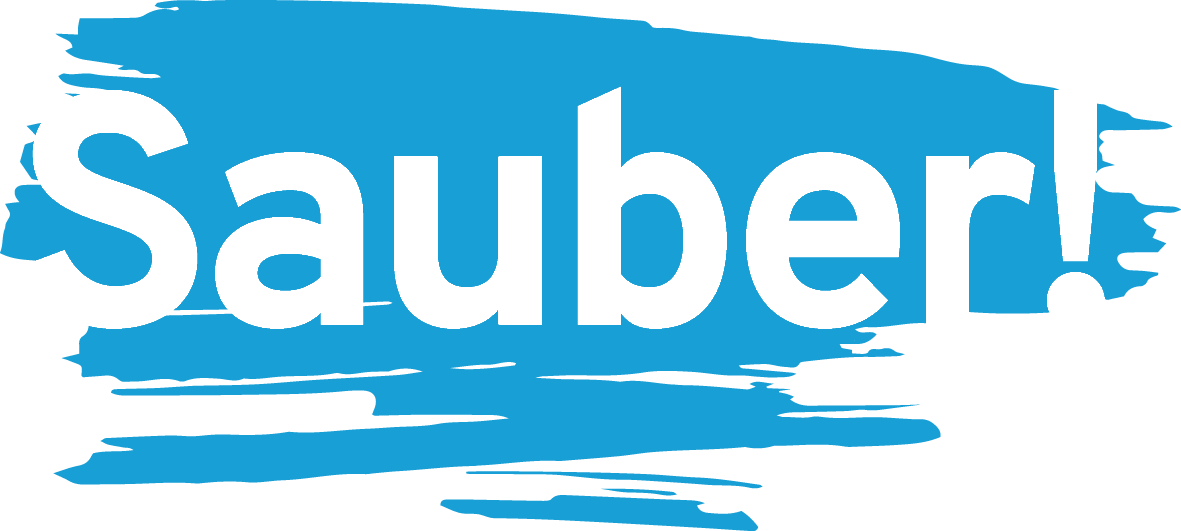
Kontakt
Projekt Sauber! Demokratie in der
Hamburger Gebäudedienstleistung gestalten
E-Mail: sauber@hamburg.arbeitundleben.de
Telefon: 040 284 016 15
Das Projekt “Sauber!” ist Teil der:
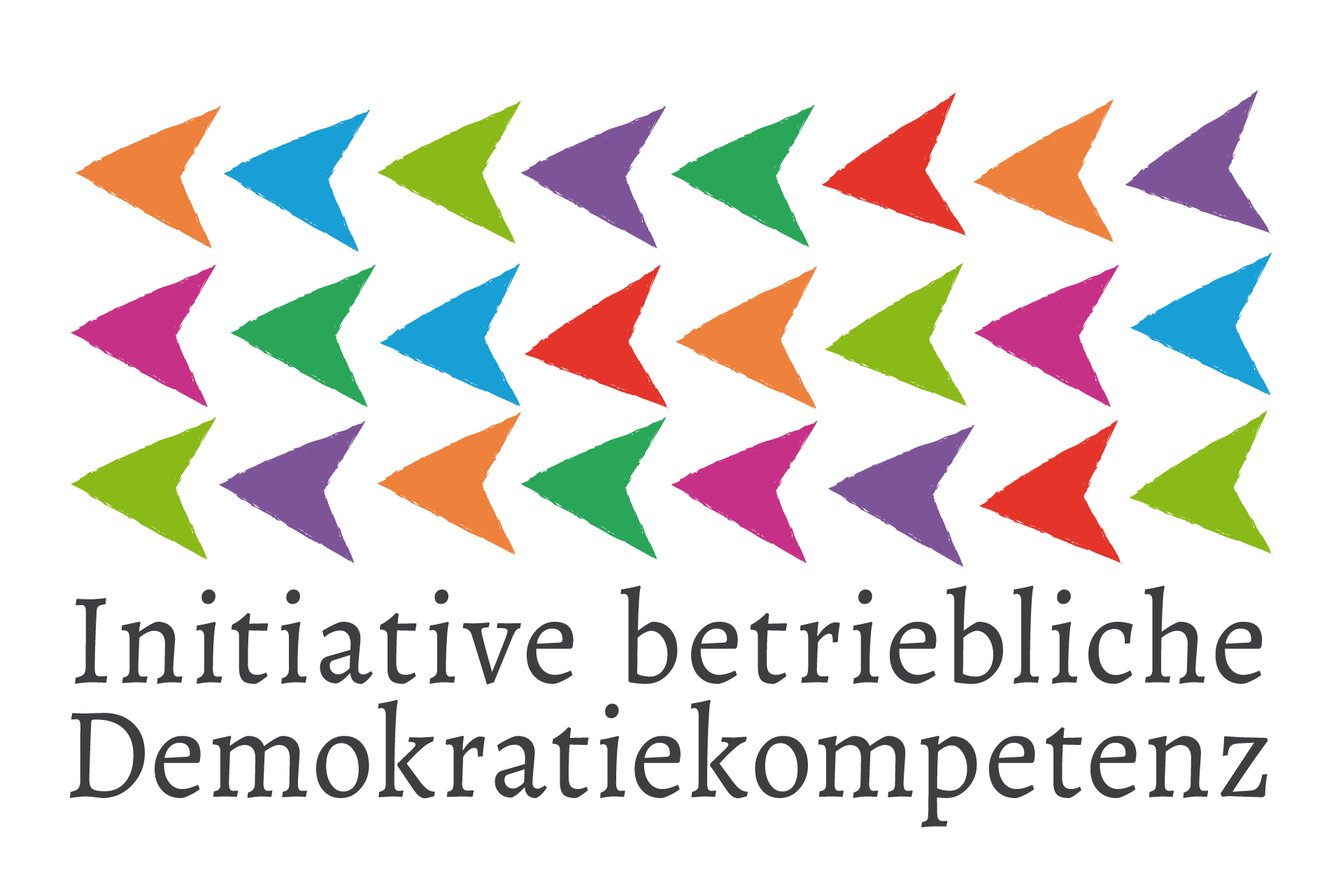
Gefördert durch das:
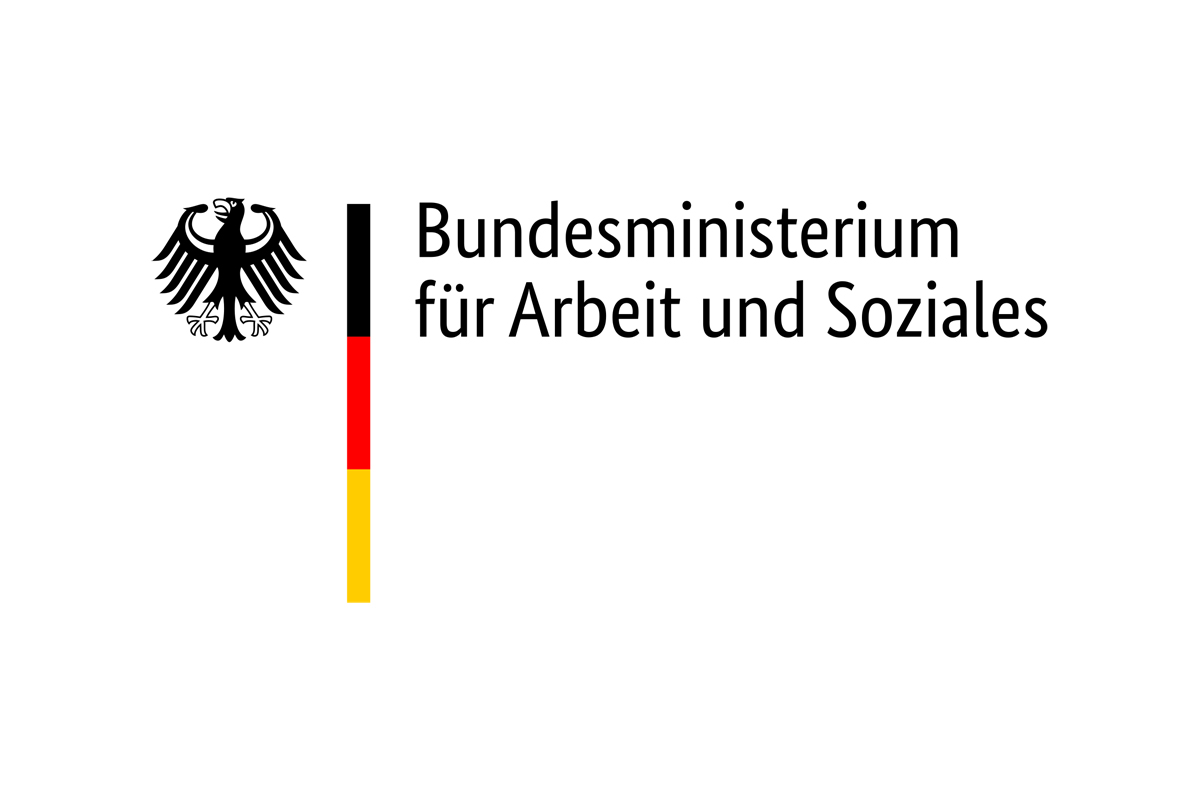
Administriert durch das:
